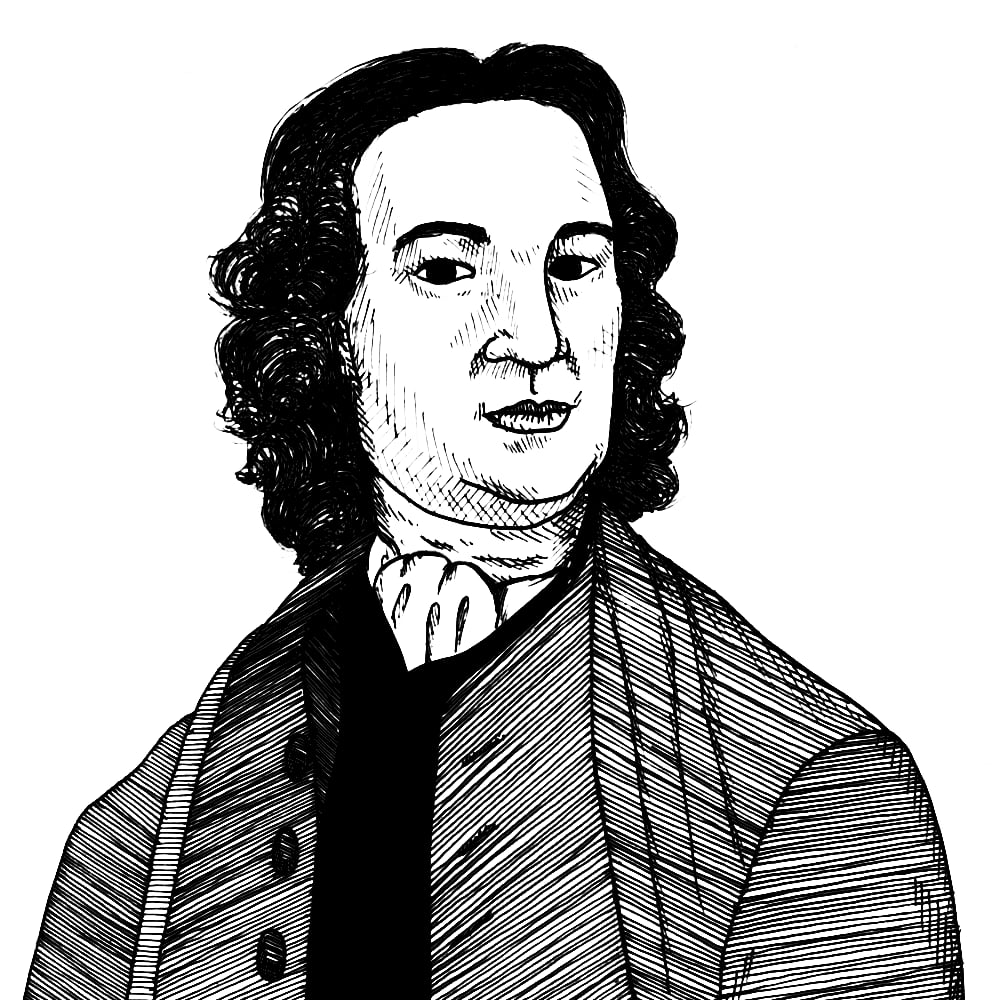
Thomas Gordon compares the Greatness of Spartacus with that of Julius Caesar (1721)
Found in: Cato’s Letters, vol. 2 June 24, 1721 to March 3, 1722 (LF ed.)
The USA cable channel made a remake (first done brilliantly by Stanley Kubrick over 40 years ago) of the story of “Spartacus” who led a slave revolt against the Roman Empire. Here is what one of our authors (Thomas Gordon from Cato’s Letters (1721)) has to say about Spartacus, in comparison with Julius Caesar:
Presidents, Kings, Tyrants, & Despots
But there is an instance in the Roman history, that will set this matter yet in a fuller light; it is the story of Spartacus, a Thracian slave and gladiator, who bid fair for being lord of the Roman world. He seems to me to have had personal qualifications and abilities, as great as those of Caesar, without Caesar’s birth and education, and without the measure of Caesar’s guilt. For I hope all mankind will allow it a less crime in any man to attempt to recover his own liberty, than wantonly and cruelly to destroy the liberty of his country.